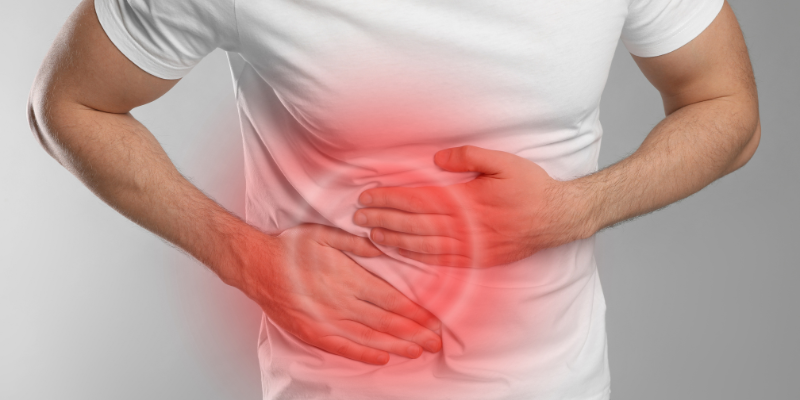Worm Infestation / Parasitic Infections
Worm Infestation / Parasitic Infections Treatment

Treatment Range Hospital in Hyderabad provides expert care for worm infestations and parasitic infections affecting both children and adults. Our experienced physicians use clinically proven treatments such as Albendazole, Mebendazole, and Nitazoxanide to eliminate intestinal parasites effectively. With a focus on patient education and prevention, we are one of the leading hospitals in Hyderabad for treating parasitic infections and ensuring long-term relief.
We offer comprehensive management that includes accurate diagnosis, targeted medication, and mass deworming programs, especially for children who are more vulnerable to these infections. Our team also provides guidance on hygiene practices and dietary measures to prevent reinfection and promote overall gut health. For severe or resistant cases, additional laboratory tests and personalized treatment plans are provided.
If you’re searching for reliable treatment for worm infestation in Hyderabad, Treatment Range Hospital offers affordable care, modern facilities, and expert doctors dedicated to your family’s health. From routine deworming to advanced parasitic infection management, we ensure safe and effective solutions for a healthier life.
- Your 6 - Phase health Process
Your Complete Worm Infestation / Parasitic Infections Journey
🩺Phase 1: Symptoms Identification
- Common signs include:Abdominal pain and bloating
- Diarrhea or constipation
- Nausea, fatigue, and weight loss
- Itchy anus (especially at night – pinworms)
- Poor growth and anemia in children
📋 Phase 2: OPD Consultation & Screening
- Review of symptoms and exposure history (contaminated water, undercooked food, poor hygiene)
- Physical examination for signs like pallor or malnutrition
- Advise stool examination in persistent cases
🧬 Phase 3: Causes (Etiology)
- Common Worms: Roundworms, Pinworms, Hookworms, Tapeworms
- Transmission: Contaminated food/water, soil, poor sanitation, barefoot walking in endemic areas
🔍 Phase 4: Diagnosis & Investigations
- Stool microscopy for ova and parasites
- Repeat tests if initial results inconclusive
- Blood tests for eosinophilia (in heavy infestations)
💊 Phase 5: Treatment Plan
- Anthelmintic Medications:Albendazole 400 mg (single dose)
- Mebendazole (3-day course)
- Nitazoxanide for protozoal infections
- Mass Deworming Programs: Recommended for children in endemic areas (every 6–12 months)
- Hygiene education to prevent reinfection
💪Phase 6: Recovery & Prevention
- Regular deworming every 6 months in high-risk groups
- Hand hygiene and safe food practices
- Wearing footwear to avoid soil-transmitted infections
- Safe drinking water and proper sanitation
Insurance Support










- Why Choose Us
Why patients trust us with their care
- Patient Testimonials
Patient stories of care and recovery










- Frequently Asked Questions
Helping you understand Our healthcare
Look out for symptoms like stomach pain, diarrhea, itching around the anus (especially at night), weight loss, and fatigue. Children may show irritability and poor growth.
Albendazole (single dose) and Mebendazole are the most commonly prescribed. Nitazoxanide is used for certain protozoal infections.
The WHO recommends mass deworming every 6 months for children aged 1–14 years in endemic areas.
Wash hands before eating and after using the toilet
Drink boiled or filtered water
Cook meat thoroughly
Wear shoes outdoors
Consult a doctor if:
- Symptoms persist after deworming
- Severe abdominal pain or diarrhea
- Signs of malnutrition or anemia in children